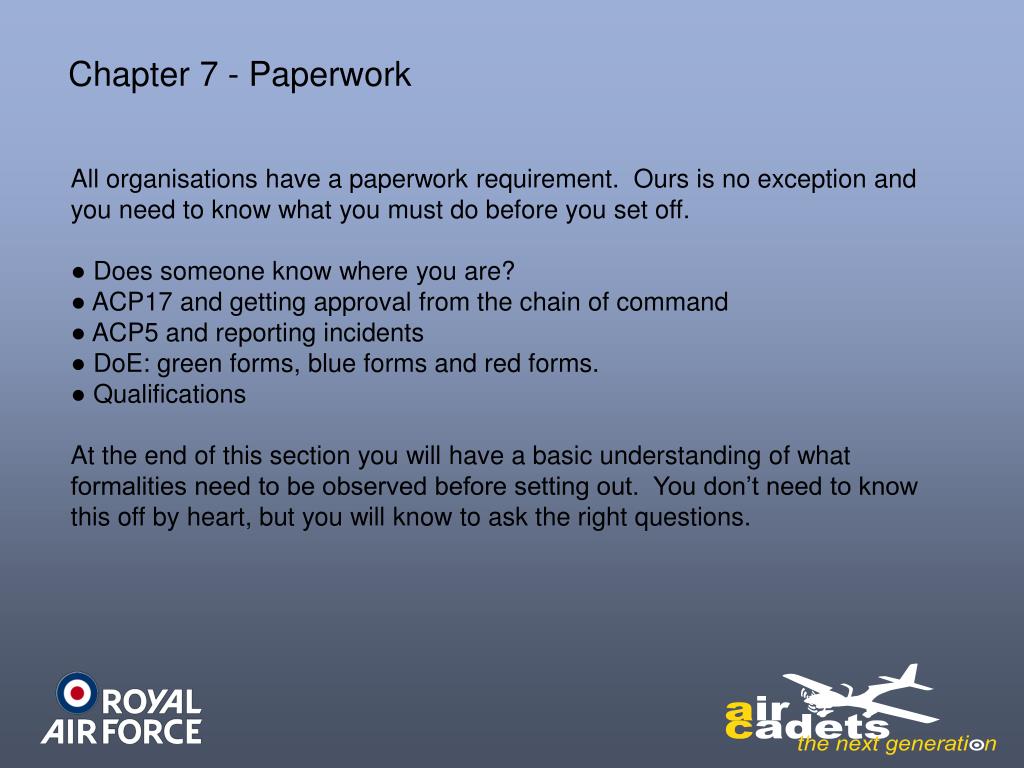5 Essential Paperwork Tasks When Closing Your Store

If you're nearing the final days of operating your store, handling the closure with grace and efficiency is vital. One significant aspect that should not be overlooked is the meticulous organization and completion of paperwork. Here’s a detailed guide on the 5 essential paperwork tasks you need to focus on when closing your store to ensure a smooth transition:
1. Filing Business Dissolution Documents

The first paperwork task on your list should be the dissolution of your business. Depending on your business structure:
- Corporations: You’ll need to file Articles of Dissolution with the Secretary of State in your state of incorporation.
- LLCs: An Articles of Dissolution for LLCs must be submitted.
- Sole Proprietorships: While not necessary to file dissolution, it’s good practice to document your decision to end operations.
Remember to include:
- A resolution from the board of directors or the members.
- Approval of dissolution by the shareholders or members.
- Notices to creditors.
- A plan for the distribution of assets.
2. Settlement of Debts and Liabilities

When closing your store, it's critical to address all financial obligations:
- Compile a list of all creditors, vendors, and service providers.
- Review lease agreements and negotiate early termination if necessary.
- Settle any outstanding balances, ensuring all accounts are closed or transferred.
- File a final Franchise or Excise Tax Return if applicable.
| Document | Action |
|---|---|
| Lease Agreement | Negotiate early termination or provide notice |
| Creditor Invoices | Settle outstanding balances |
| Business Loans | Communicate closure with lenders for final payments |
| Utility Bills | Close accounts or transfer services |

3. Employee Related Paperwork

Handling the closure with respect to your employees is a task of paramount importance:
- Issue final paychecks with accurate compensation for vacation time, severance, etc.
- Provide employees with all necessary forms like COBRA notifications, unemployment benefits applications, and W-2 forms.
- Ensure compliance with the Worker Adjustment and Retraining Notification (WARN) Act if required.
🔍 Note: It's beneficial to have a meeting with your employees to explain the situation and provide support for their next steps.
4. Disposal and Sale of Assets

When closing shop, the inventory and assets must be managed:
- Hold a liquidation sale for remaining inventory.
- Prepare an inventory list for consignment sales or donations.
- Create a bill of sale for any sold assets, documenting the transfer of ownership.
Consider creating a table with the following headings:
| Asset | Estimated Value | Action | Status |
|---|---|---|---|
| Furniture | $1,500 | Sale | Sold |
| Inventory | $5,000 | Liquidation | Ongoing |
5. Record Keeping and Archiving

The last but certainly not least paperwork task involves maintaining records for compliance and future reference:
- Archive all business documents, including tax filings, financial statements, legal contracts, and employee records.
- Secure important documents in a safe place or transfer them to digital formats for easy access.
- Plan for the retention period required by law for various documents like tax returns, invoices, and payroll records.
⏳ Note: Keeping records can help in case of any post-closure issues or audits.
In summary, efficiently managing these 5 essential paperwork tasks when closing your store will mitigate risks, ensure legal compliance, and provide peace of mind as you transition to your next endeavor. From dissolving your business to settling debts, handling employee paperwork, managing assets, and archiving records, each step is crucial for a smooth closure process.
What happens if I don’t settle all business debts before closing?

+
Failing to settle debts can lead to personal liability, legal action, or negative credit reporting. It’s essential to clear all financial obligations to avoid these consequences.
Can I use my business’s assets after closure?

+
If all creditors have been paid off and no liens exist on the assets, you can distribute or keep them as per the dissolution plan agreed upon by shareholders or members.
How long should I keep business records after closing?

+
While regulations vary, keeping records for at least 7 years is advisable to comply with tax laws and to address any potential issues that arise.



